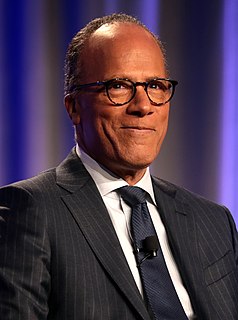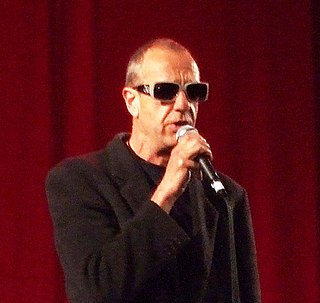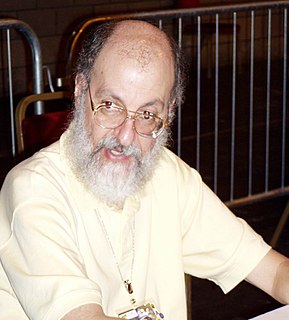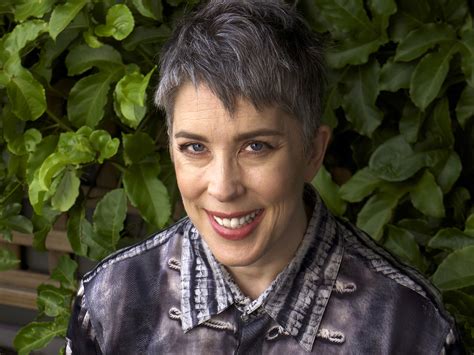A Quote by Geoff Dyer
I remember being interviewed about my first novel, 'The Colour of Memory.' They kept using the expression 'your first novel,' and I said, 'No, I object to that phrase, because this is it for me.'
Related Quotes
After my first novel, my mother said to me, 'Why don't you make your writing more funny? You're so funny in person.' Because my first novel was rather dark. And I don't know, but something about what she said was true. 'Yes, why don't I?' Maybe I was afraid to be funny in the writing. But since then, seven books later, almost everything I've done has a comedic edge to it.
If I can give a young author any advice, whatsoever, never let anyone announce the film sale of your first novel. Film rights are sold to almost every novel, but it shouldn't be the lead story in your first engagement with the press. Then you end up getting reviews like "a novel made for the screen" and things like that.
If someone does learn about the world from reading a novel of mine, that makes me very happy. It's probably not what brings me into the novel in the first place - I usually am pulled in by some big question about the world and human nature that I'm not going to resolve in the course of the novel. But I'm very devoted to getting my facts straight.
I'm one of those sad cases who've never wanted to be anything but a writer. I started writing my first novel when I was five years old. I have no idea what it was about, but I do remember spending considerable time trying to get the title right, though this had more to do with crayon colour than scansion.






































